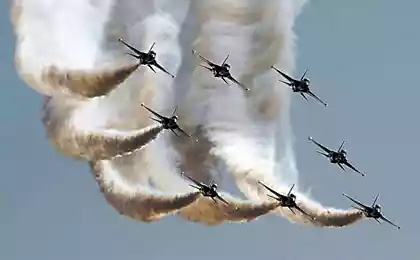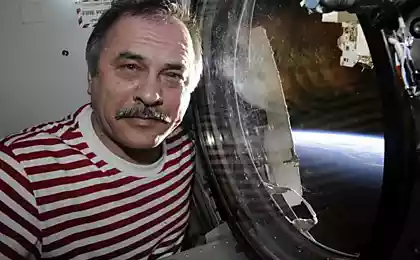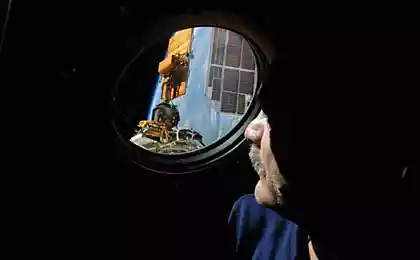630
Refutation of myths about flying on airplanes
I think you know that there are many different myths about aviation and passenger transportation on airplanes. It is so? Let us together with you destroy some of them.
Open the door of the aircraft during flight deadly
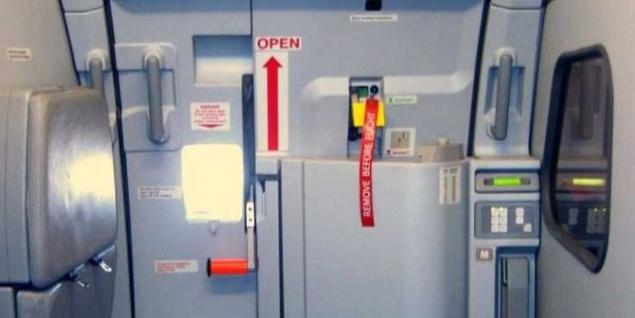
No, not really.
An experienced pilot and blogger Patrick Smith explained that after takeoff the aircraft doors are under great pressure. That is, to open a door required the strength of Superman. No man, even the world champion weightlifting is a task beyond the power.
So if you are afraid that to some drunken passengers during flight vzbrendit open the door and the passengers will fly over the side, you do not worry about anything. It is absolutely excluded.
This myth is closely related to the following:
If the casing of the aircraft, a small slit, then through it all passengers can "suck" overboard
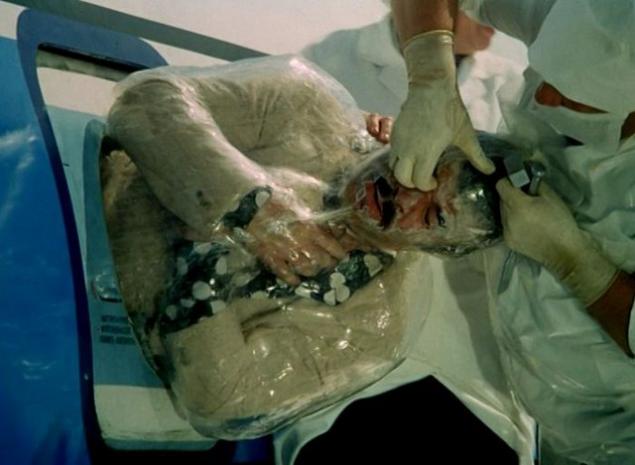
On assurances Patrick Smith, rapid decompression and subsequent crash could cause an explosion or bomb material structural failure. A small hole in the fuselage - a very different case.
In 2006, when the skin of the aircraft cabin MD-80s Alaskan airlines a gap, Smith had to make an emergency landing. The pressure was really drop, but since leaked evenly distributed on the whole plane, nothing critical has happened and we are well have lasted up to the nearest airport.
At high altitude people get drunk faster
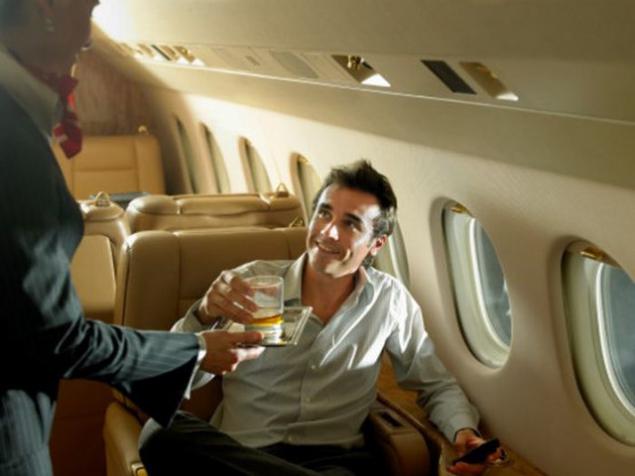
This myth is refuted "Mythbusters." The level of alcohol in the blood on the ground and in the plane, all other things being equal the same. However, since the air on board oxygen usually less people can really feel drunk, even if not touched alcohol.
During the flight, the feces are thrown into the air

Stories of the fallen from the sky right on his head excrement - pure fiction. The pilot can not open the tank with sewage during the flight. If someone on the head fell suspicious substance, the blame will most likely need to flown by the bird.
If you click on the sink, sitting on the toilet on the plane, you can get stuck
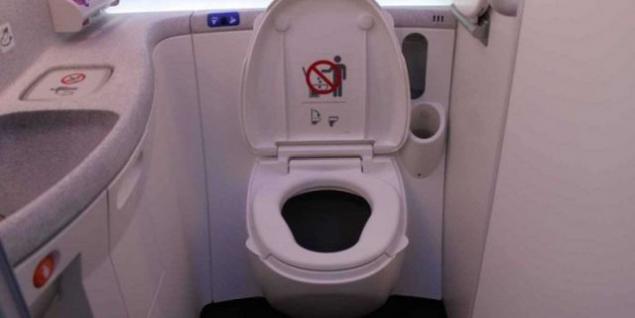
You can get stuck only in the event that your body forms a perfect airtight stopper. It's quite difficult. 'MythBusters' Adam Savage tried to do the trick, but nothing he did not. But still better to wash standing.
The constant circulation of the plane and an ode to the same portion of the air leads to the spread of diseases
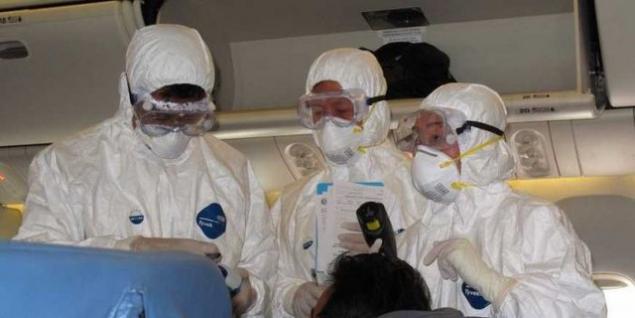
This myth seems particularly plausible. But Patrick Smith explained that he, too, is wrong:
Air moves around the circle until it gets to the lower chamber, where approximately half disappears overboard. The remaining half goes through the filters, it is mixed with a portion of fresh air, and this mix makes a new turn.
Manufacturers Boeing assured that thanks to this system, and filters 94 to 99 percent of all airborne bacteria neutralized, and that the air is updated every two or three minutes - more frequently than in buildings.
Danger to pick up any infection is more likely to come from such surfaces as the folding tables. So it makes sense to capture in flight disinfectant wipes.
The seat belt can reduce your chances of survival in the event of a disaster
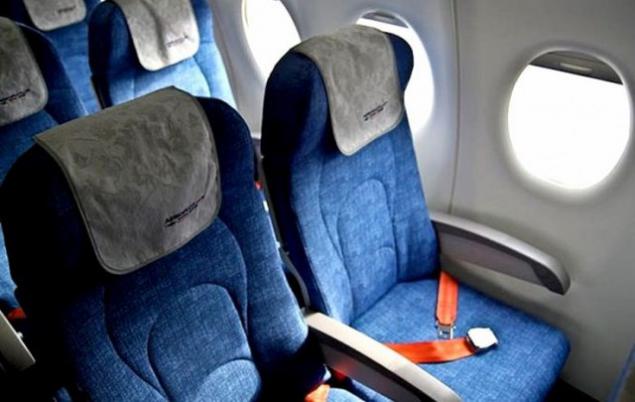
Here, things are much the same as with the seat belt in the car. It is possible to imagine a situation when stuck prevent mounting rapidly get out of the plane, if something happen. But in general, benefit from it much more than harm.
Employee of the non-profit Flight Safety Foundation, Kevin Hiatt told us about the crash landing of Boeing 777, which occurred at the airport in San Francisco on July 6 this year:
In such situations, a person can be thrown out of the chair, hitting the body or to throw another passenger. So it is better to spend a couple of seconds for it to detach than helplessly hanging in the air.
Pilots can control the air flow to keep passengers sleepy and save on fuel.
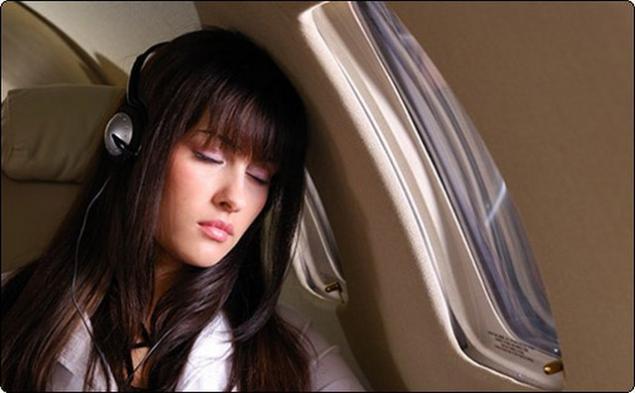
Patrick Smith called this idea of stupidity. The oxygen level is determined by the air pressure.
Oxygen masks - a dummy intended only to calm the passengers
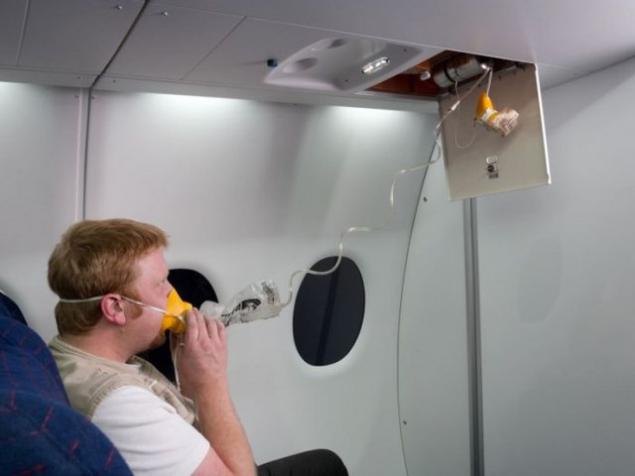
In fact, in the case of decompression and the crew and passengers will have to be satisfied with air behind where the oxygen content is totally inadequate. And while the plane falls low enough, at least up to three thousand meters without oxygen masks will not do.
Chances of survival in a plane crash almost nil
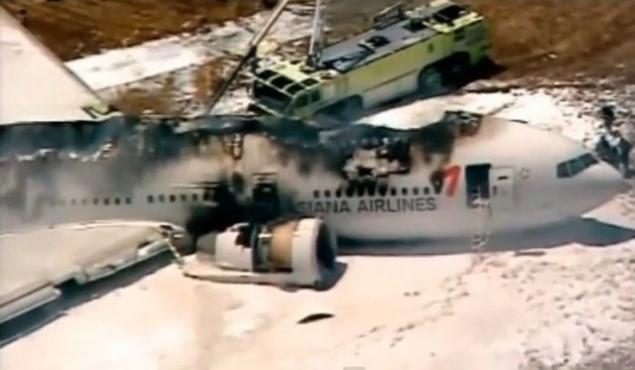
During the disaster of the same Boeing 777 in San Francisco, rescued 304 of 307 passengers. In addition, according to the US National Council for Transport Safety during incidents during passenger overflights from 1983 po2000 year 95 percent of the passengers survived these flights. The "incident" means all the cases that led to a major aircraft damage, death or injury of passengers.
From
Open the door of the aircraft during flight deadly

No, not really.
An experienced pilot and blogger Patrick Smith explained that after takeoff the aircraft doors are under great pressure. That is, to open a door required the strength of Superman. No man, even the world champion weightlifting is a task beyond the power.
So if you are afraid that to some drunken passengers during flight vzbrendit open the door and the passengers will fly over the side, you do not worry about anything. It is absolutely excluded.
This myth is closely related to the following:
If the casing of the aircraft, a small slit, then through it all passengers can "suck" overboard

On assurances Patrick Smith, rapid decompression and subsequent crash could cause an explosion or bomb material structural failure. A small hole in the fuselage - a very different case.
In 2006, when the skin of the aircraft cabin MD-80s Alaskan airlines a gap, Smith had to make an emergency landing. The pressure was really drop, but since leaked evenly distributed on the whole plane, nothing critical has happened and we are well have lasted up to the nearest airport.
At high altitude people get drunk faster

This myth is refuted "Mythbusters." The level of alcohol in the blood on the ground and in the plane, all other things being equal the same. However, since the air on board oxygen usually less people can really feel drunk, even if not touched alcohol.
During the flight, the feces are thrown into the air

Stories of the fallen from the sky right on his head excrement - pure fiction. The pilot can not open the tank with sewage during the flight. If someone on the head fell suspicious substance, the blame will most likely need to flown by the bird.
If you click on the sink, sitting on the toilet on the plane, you can get stuck

You can get stuck only in the event that your body forms a perfect airtight stopper. It's quite difficult. 'MythBusters' Adam Savage tried to do the trick, but nothing he did not. But still better to wash standing.
The constant circulation of the plane and an ode to the same portion of the air leads to the spread of diseases

This myth seems particularly plausible. But Patrick Smith explained that he, too, is wrong:
Air moves around the circle until it gets to the lower chamber, where approximately half disappears overboard. The remaining half goes through the filters, it is mixed with a portion of fresh air, and this mix makes a new turn.
Manufacturers Boeing assured that thanks to this system, and filters 94 to 99 percent of all airborne bacteria neutralized, and that the air is updated every two or three minutes - more frequently than in buildings.
Danger to pick up any infection is more likely to come from such surfaces as the folding tables. So it makes sense to capture in flight disinfectant wipes.
The seat belt can reduce your chances of survival in the event of a disaster

Here, things are much the same as with the seat belt in the car. It is possible to imagine a situation when stuck prevent mounting rapidly get out of the plane, if something happen. But in general, benefit from it much more than harm.
Employee of the non-profit Flight Safety Foundation, Kevin Hiatt told us about the crash landing of Boeing 777, which occurred at the airport in San Francisco on July 6 this year:
In such situations, a person can be thrown out of the chair, hitting the body or to throw another passenger. So it is better to spend a couple of seconds for it to detach than helplessly hanging in the air.
Pilots can control the air flow to keep passengers sleepy and save on fuel.

Patrick Smith called this idea of stupidity. The oxygen level is determined by the air pressure.
Oxygen masks - a dummy intended only to calm the passengers

In fact, in the case of decompression and the crew and passengers will have to be satisfied with air behind where the oxygen content is totally inadequate. And while the plane falls low enough, at least up to three thousand meters without oxygen masks will not do.
Chances of survival in a plane crash almost nil

During the disaster of the same Boeing 777 in San Francisco, rescued 304 of 307 passengers. In addition, according to the US National Council for Transport Safety during incidents during passenger overflights from 1983 po2000 year 95 percent of the passengers survived these flights. The "incident" means all the cases that led to a major aircraft damage, death or injury of passengers.
From






